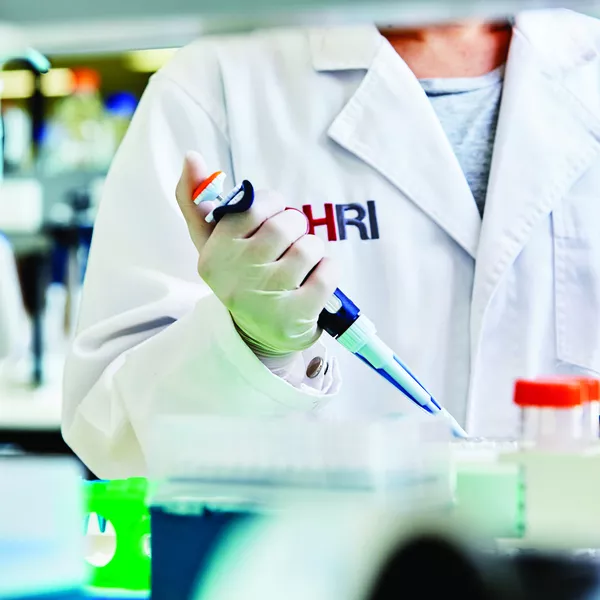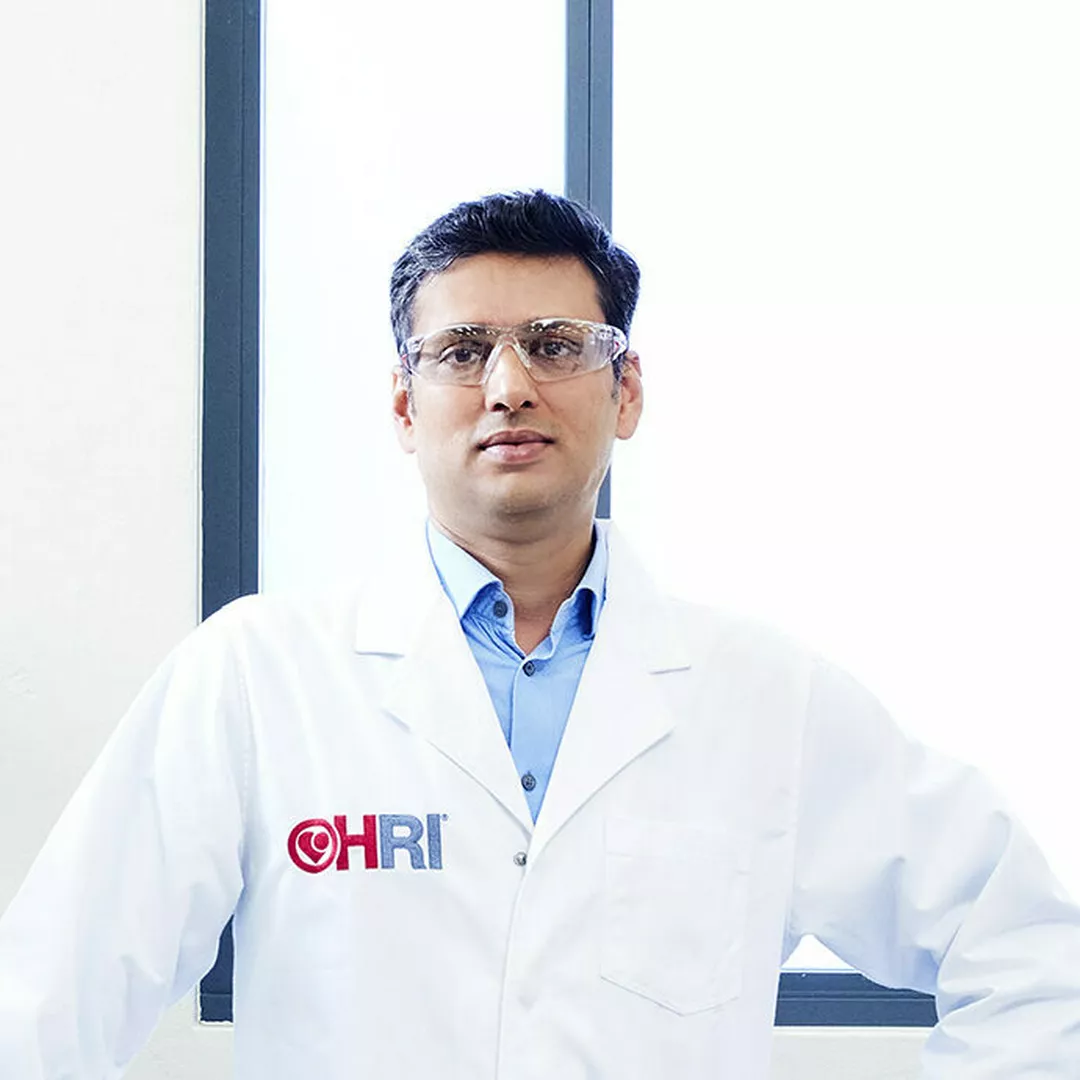HRI’s Atherosclerosis and Vascular Remodelling Group led by Dr Ashish Misra, together with the Coronary Diseases Group led by Prof Sanjay Patel, is investigating the process that drives pathogenesis in atherosclerosis and has published a review in the internationally acclaimed publication Arteriosclerosis, Thrombosis, and Vascular Biology.
The review provides an overview of cell clonality in atherosclerotic progression, focusing particularly on smooth muscle cells (SMCs) and macrophages. It discusses key findings from the latest research that give insight into the mechanisms by which clonal expansion of vascular cells contributes to disease pathology.
To provide further background, most cases of heart attack and stroke
are caused by a rupture of unstable atherosclerotic plaque. Vascular cells are key in this process, particularly SMCs and macrophages.
SMCs migrate into the atherosclerotic plaque from the blood vessel wall, where they help to form a fibrous cap that stabilises the plaque.
In contrast, macrophages contribute to inflammation within the plaque and erode the fibrous cap, which leads to instability and rupture of the plaque. At this point, individual SMCs can divide inside the plaque. This is also known as clonal expansion or clonality, where clones are the descendants of a single cell. Some of these descendants stop behaving like SMCs, a process also known as phenotypic switching, and can start behaving like macrophages.




